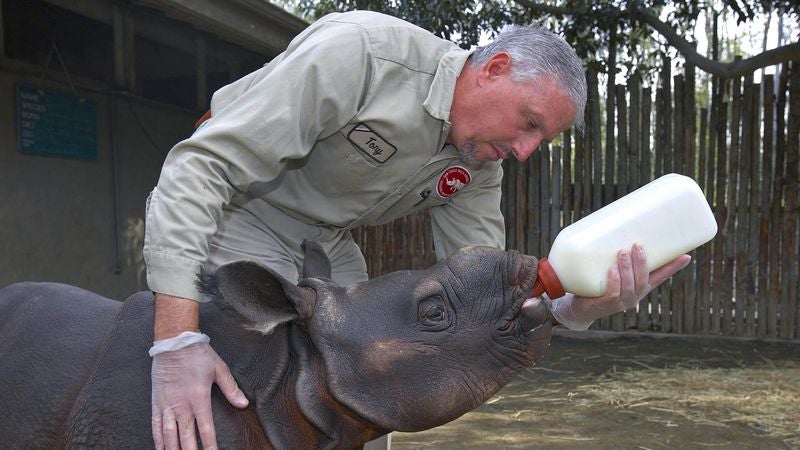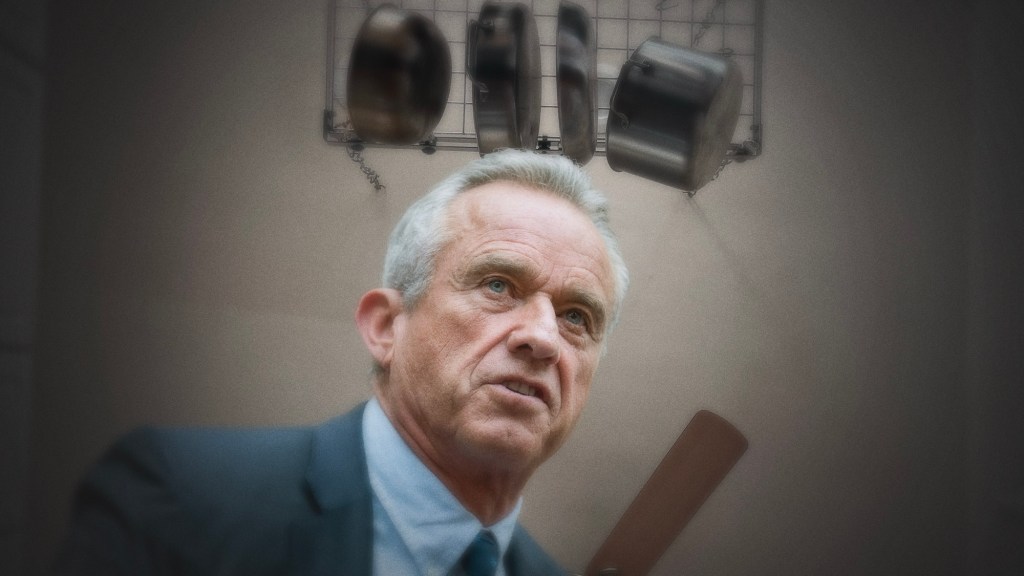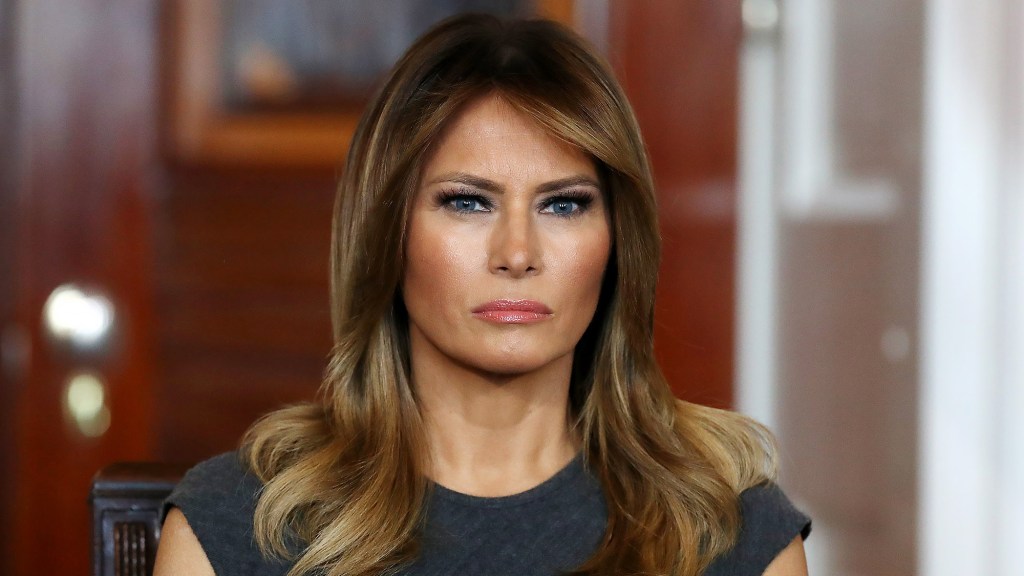TULSA, OK—Saying that he has always perceived a “unique connection,” chronically depressed zookeeper Andrew Holcomb, 46, told reporters Wednesday that he shares a deep and special bond with the animals confined in his zoo.
Holcomb, a senior caretaker at the Tulsa Zoo, explained that he feels an innate kinship with the captive creatures under his watch, a tie that is said to have only strengthened with his increasingly frequent and crippling bouts of melancholy, low affect, and disenchantment with the world around him.
“I’ve always felt very close to the animals here,” said the depressive, who spends the vast majority of his time moving in a pitifully small radius between his home and workplace. “I feel a renewed connection with them each morning when I come in and see them pacing endlessly back and forth in their cages or sitting in the same corner of their enclosure that I last saw them in the night before. It’s like we understand one another on some deeper level.”
“We just seem to get each other,” Holcomb added, staring back at reporters with downtrodden, lifeless eyes.
The clinically depressed Holcomb—whose existence is reportedly marked by a dreary cycle of purposelessly milling about, eating the same packaged lunch day in and day out, and sleeping for as long as 12 hours a night—said that he has always felt most comfortable in the presence of the mammals, birds, and reptiles at his zoo. The despondent and aimless animal caretaker, who reportedly has spent his entire professional career within the confines of the Tulsa Zoo, says that he sees in the wildlife park’s attractions “a certain something” that especially resonates with him.
The man whose utterly unfulfilling social life consists of lethargic interactions with the same five coworkers acknowledged feeling a uniquely strong connection with certain animals in particular, as he gestured toward a small group of western lowland gorillas listlessly slumping on the other side of a Plexiglas divider.
“The great apes really speak to me on almost a spiritual level, I’d say,” said the mentally unwell man, who occasionally suffers panic attacks that cause him to pound his fists in helpless rage on the countertop in his small ranch house. “It’s almost as if we’re on the same wavelength. There’s a real link between us.”
The zookeeper, whose profound anxiety and mood disorders have left him socially isolated, poorly nourished, and have caused him to steadily lose his hair, admitted that while he appreciates the special bond he feels with the animals in the zoo’s enclosures, he often considers other paths his life could have taken if he had not been recruited by the zoo and settled in Tulsa two decades ago.
In spite of such frequent daydreams of life outside the park, the perpetually downcast zookeeper admitted that working in the same place day in and day out is all he knows anymore, and that, at this point, he has become resigned to the idea that he will stay at the facility for the rest of his working life.
A number of individuals who have observed Holcomb at the zoo confirmed his deeply depressed state, noting that the middle-aged man appeared visibly forlorn and acquiescent to his condition.
“I see Andrew once in a while wandering around the grounds,” said concessionaire Janine Stack, who claimed the zookeeper always appeared poorly groomed and seemed to be missing a certain “spark” or liveliness that one might expect of a zoologist in the field. “He seems so sullen and doesn’t look particularly healthy—you really can’t help but stare at him.”
“Whenever I see him, I feel a little bad for the way his life has gone,” she added. “But then I just move on and put him out of my mind altogether.”







